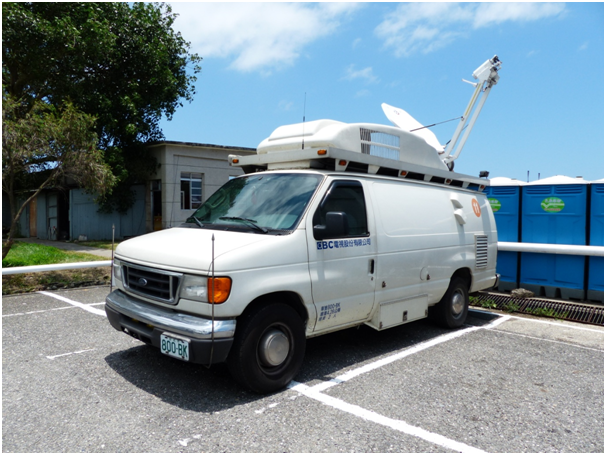Did you know that you can pay less tax for a company van than you might for a company car?

Company van tax rates are a far simpler beast than the sliding scale employed for cars. For vans, there is a fixed Benefit-in-Kind rate of just £3,170.
However, Her Majesty’s Revenue and Customs (HMRC) will take different amounts from your coffers depending on how you use your van.
There are many ways to keep the cost of van ownership down in addition to the tax benefits described. Regular maintenance will help get a good resale value, and the van’s interior can be kept in top shape with ply lining or other protective products and installed easily by accessories companies such as www.vehicle-accessories.net.
What are vans for tax purposes?
The criteria used by HMRC to classify vans and light commercial vehicles are that a vehicle must be primarily constructed for the conveyance of goods or burden, and it must have a fully laden gross vehicle weight not exceeding 3,500 kg.

How are vans taxed?
The simplest example is a driver who uses a van for work and insignificant private use. If this applies to you, you will not be liable for any tax at all. That is because no company perks (Benefit-in-Kind) equals no tax bill for you! However, even if you do regularly drive a van for what is defined as “private usage”, the benefit in kind that you receive and the tax you pay are fixed, unlike if it were a company car.
How much tax will I pay?
The simple answer to this is your personal tax rate multiplied by the BIK value. If you are a 20 percent taxpayer, 20 times £3,170 gives a figure for the year of £630 (£52.50 per month); the figures would double for 40 percent taxpayers.
There is also a generous fixed rate of just £598 for private mileage fuel charged to the company, meaning regardless of how much fuel is paid for by the company, a 20 percent taxpayer would pay just £119.60 a year.
It is important to keep in mind, however, that circumstances vary. If you are considering swapping your company car for a van, please ensure that you carry out due diligence first.

